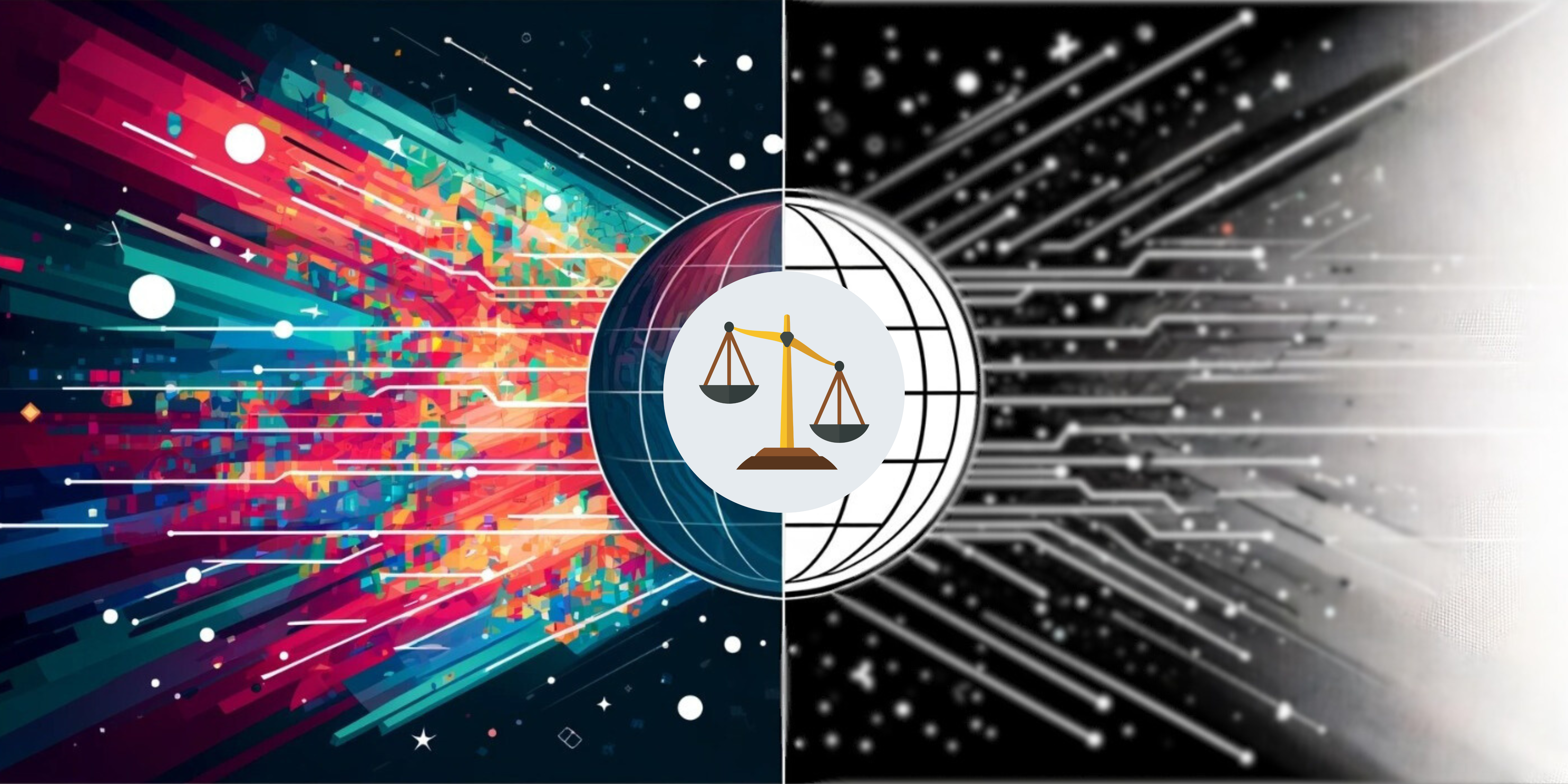According to documents acquired by Filter Watch, the Iranian government is implementing a registration system for all imported computer hardware, components, and kits. This initiative mirrors a previous policy mandating the registration of imported cellphones and is designed to enable the tracking of computer equipment.
The letters indicate that the registration requirement covers devices like servers, tablets, electronic boards, memory, hard disks, network cards, and motherboards.
It appears that this idea was first raised in 2017/2018 when, for unclear reasons, such items were not properly registered with customs upon importation. On October 16, 2022, the Ministry of Communication wrote a letter to the General Director of the Ministry of Industry, Mines, and Commerce’s Office of Import-Export Regulation to complain about server importers’ lack of compliance with registration requests. . The Ministry of Communication demanded the enforcement of a 2017/2018 letter about registering such goods.
The timeline suggested by the letters aligns with the initiation of the “Mobile Registry” initiative, which required the registration of imported cellphones. The specifics of the computer hardware registration strategy have not been disclosed before. It seems that since 2017/2018, the Iranian authorities have been aiming to register computer hardware to facilitate tracking.
On March 14, 2023, administration spokesman Ali Rabi’i announced the approval of a new administrative law aimed at supporting cellphone production and domestic operating systems as well as establishing special customs facilities for information technology products. Should these projects meet their objectives, it will mean that Iranian citizens’ hardware and software will be subject to government control, endangering privacy.
An informed source has provided Filter Watch with evidence that the Iranian government is advancing a strategy to catalog the specifics of imported IT goods. This approach is akin to the cellphone registration policy but now encompasses all hardware types. Its execution could potentially enable the government to monitor the populace’s activities or dictate the variety of products allowed for import, such as devices featuring tailored operating systems.
Hardware Registration Follows Cellphone Registration
Passed in mid-March of 2023, the administrative law entitled “Supporting Knowledge-Based Production and Job-Creation in the Country’s Communications, Information Technology, and Digital Economy” is part of the administration’s plan to roll out new customs facilities for information and communication technology. It prepares the ground for the government to track all products of this sort: wireless communication devices as well as boards and elements for computers and telecommunications.
This plan is similar to the cellphone registry, which has been active since 2017/2018. In this framework, information pertaining to every mobile phone must be recorded in a databank called “Hamta” for the operator to receive service. The plan has been implemented to control cell phone owners. With the new move, all hardware, communication devices, and computer parts are at risk of being monitored.
According to letters which multiple sources have shared with Filter Watch on condition of anonymity, one element of the plab pertains to the tracking of imported electronic products, which must be approved by Iran’s Regulatory Organization to clear customs.
An October/November 2022 letter addressed to the General Director of the Import-Export Office (under the Ministry of Industry, Mines, and Commerce) indicates a list has been published naming the products which require a regulatory confirmation to enter the country. The list includes card readers, all wireless communication devices (including Bluteooth, GPS, wi-fi, and sim card), and all devices which use processors, RAM, GPUs, and drives (CD-ROMs or DVD-ROMS). It goes without saying that this covers a major portion of all IT products used not just by knowledge-based companies, but everyday citizens as well.
Article 27 of the administrative law obligates the Ministry of Information to create “specialized information technology customs” in the Payam Special Economic Zone within six months. Alireza Moghadassi, the General Head for Customs, confirmed this: in early December 2022, he spoke of 10 new specialized customs facilities at Imam Khomenei Airport, Tehran, Western Tehran, Alborz, Shahid Rajai, Esfahan, Bazargan, Shiraz, Mashhad, and Tabriz.
Apart from customs and registry, ordinary devices must also use means approved by the government.
Per Article 19 of the administrative law, the Ministry of Industry, Mines, and Commerce should require all producers of operating system-utilizing smart home appliances, ATMs, and cellphones to use infrastructure and operating systems approved by the government.
Such provisions raise concerns of government access to personal information, an issue also at stake with the SIAM system for tracking mobile phone users approved by the government.




